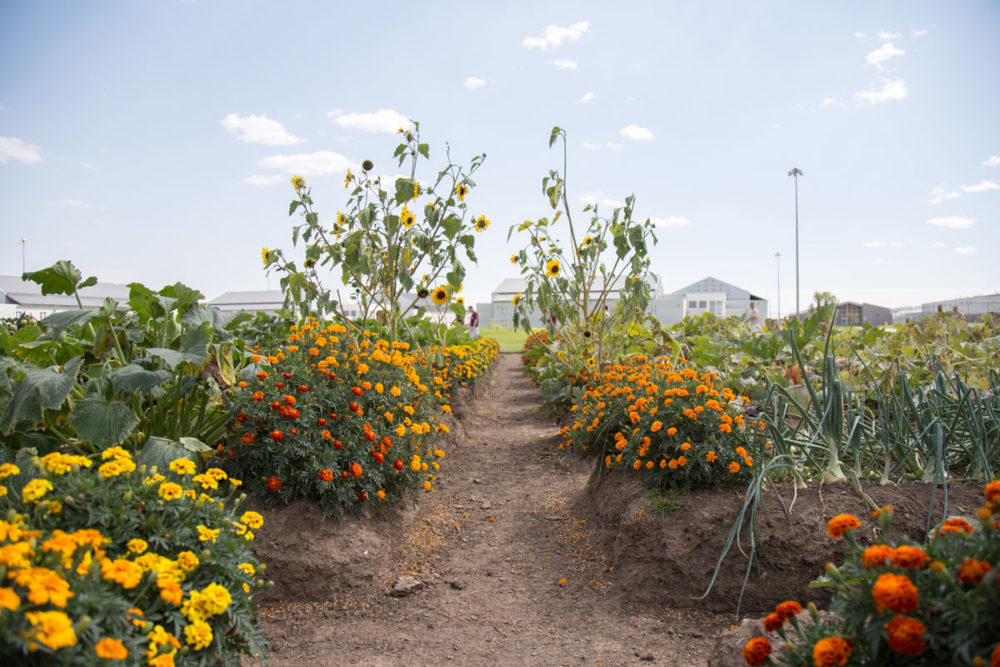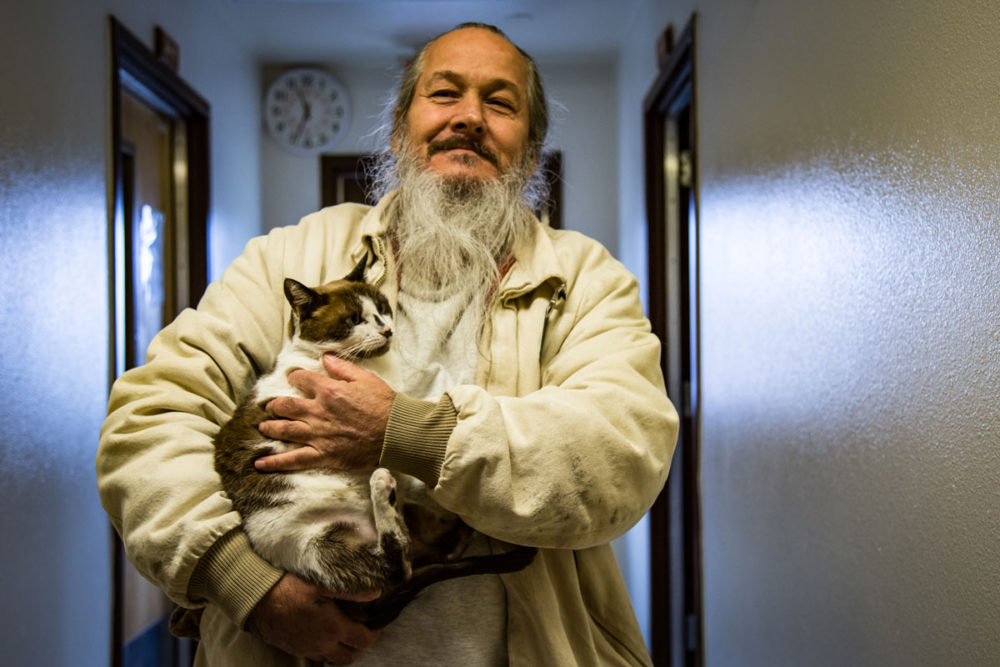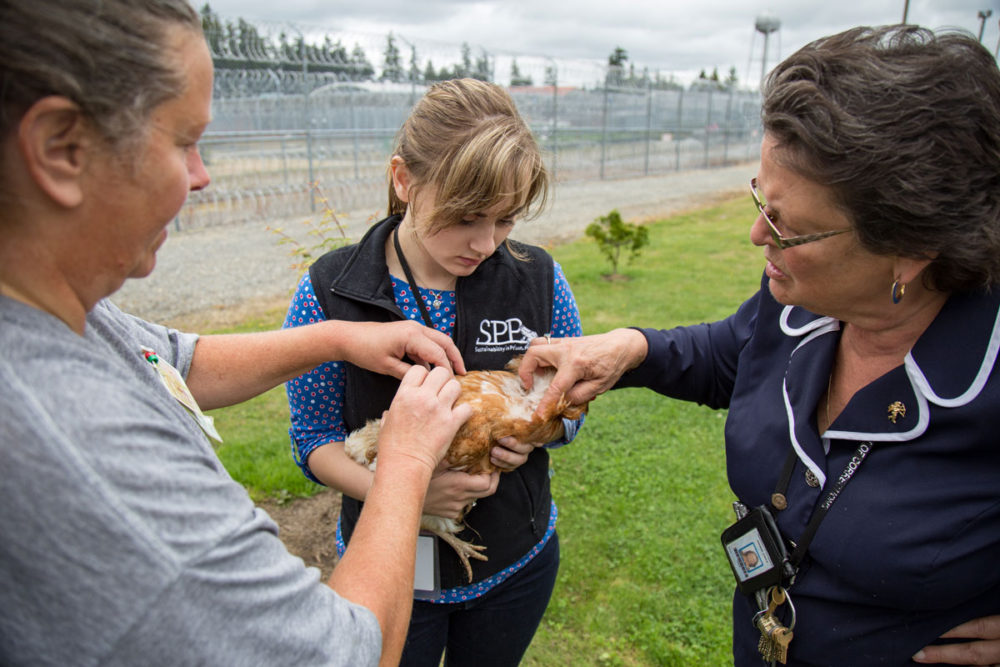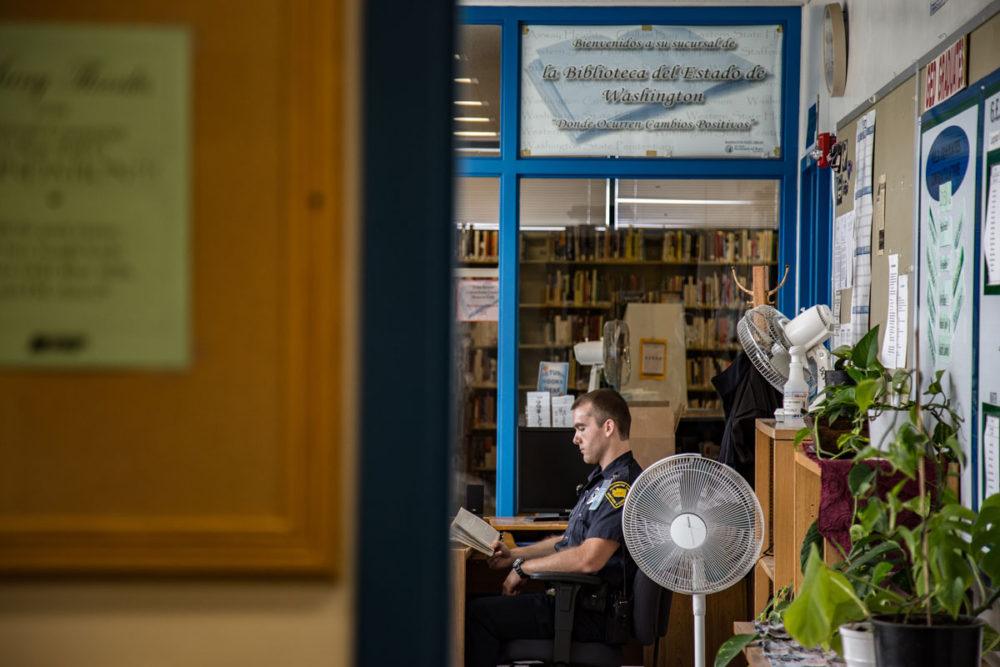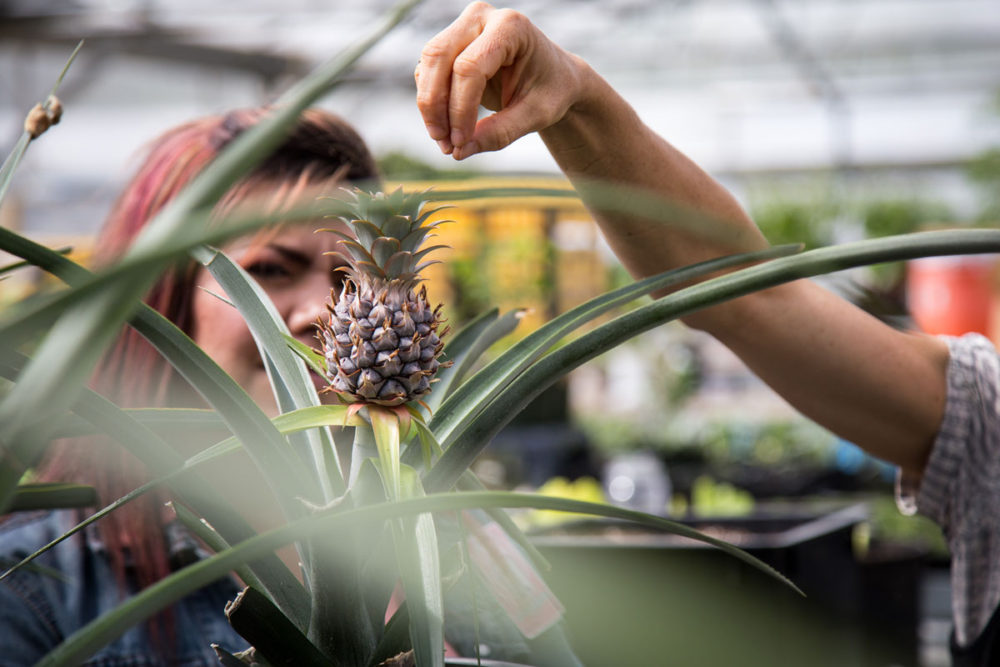Restorative Nature
SPP brings nature into prisons with the motivation to relieve some of the stress of prison environments. Scientific literature shows that when access to nature is available in institutional and urban environments, inhabitants experience many positive, therapeutic benefits. The therapeutic value of SPP’s programs is recognized widely and consistently by both incarcerated participants and corrections staff partners.
Recently, we recognized that SPP includes several programs that don’t fit into our established reporting areas. Thus, while many of these efforts have been ongoing for years, we have just started to report on them. Again, while all SPP programs are intended to offer positive contact with nature, the programs highlighted below have enjoying nature as their primary function. It is a pleasure to point to their special merit and give them a named place within the suite of SPP programming.
- At AHCC, mental health staff utilize nature videos as a resource for incarcerated individuals in maximum security during times of mental distress.
- “Pollinator plantings” programs at AHCC, SCCC, and CCCC grow flowers with a focus on bee-friendly plantings in dedicated “pollinator stations.”
- CBCC maintains 500 flowering perennials planted in 2021.
- CRCC’s heritage gardens, designed by incarcerated gardeners and featuring native plants, honor the cultural and natural heritage of the local area. Eligible gardeners also worked on restoration projects for native species, and established a four-acre pollinator garden in the minimum security area in 2022.
- In 2022, MCCCW welcomed two chickens to help till gardens, produce compost, and teach animal care skills to incarcerated individuals.
- Bird feeders and/or bird boxes are found at MCCCW, LCC, MCC-WSRU, and SCCC.
- WCC donated nearly 8,000 houseplants to Thurston County Food Bank, Spelling Bee School Fund, WCC staff, and MCCCW in 2022. Houseplants are also found at LCC, MCC, and WSP.

Incarcerated gardeners tend to vegetables at Washington Corrections Center for Women. Photo by Ricky Osborne.
